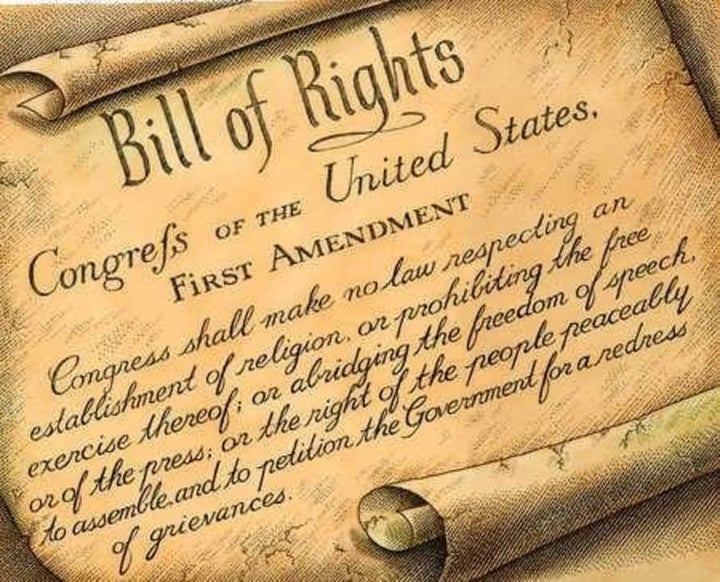Is it legal for social media platforms to moderate the content posted on them freely? While many of us might think so, given that they are private companies and they determine what can or cannot be published on their services, regulators in the states of Texas and Florida don’t share the same opinion.
The governors of both states, who belong to the Republican Party of the United States, enacted a series of laws that would prevent social media companies from moderating content freely. This means that the ability to delete or preserve posts, as well as the power to suspend or maintain user accounts, would depend on state public officials.
Now, the United States Supreme Court will decide whether these laws are constitutional or not, following contradictions found in two rulings made by lower courts. The issue lies in the First Amendment to the United States Constitution, which regulates freedom of speech.

On one hand, both Texas and Florida claim that social media platforms would violate the First Amendment by “censoring” user content on the internet. On the other hand, NetChoice, a group representing companies like Twitter and Meta, argues that these states would be the ones violating the First Amendment by trying to prevent platforms from removing extremism and hate speech (among other prohibited content).
“Online services have a well-established right under the First Amendment to host, preserve, and share content as they see fit,” stated Chris Marchese, Director of Litigation at NetChoice, in a statement. “The internet is a vital platform for freedom of speech and must remain free from government censorship. We are confident the Court will agree.”
The decision made by the United States Supreme Court would set a precedent of enormous proportions for how internet content is moderated, both nationally and internationally. However, we will likely have to wait until next year to learn the court’s decisions.


